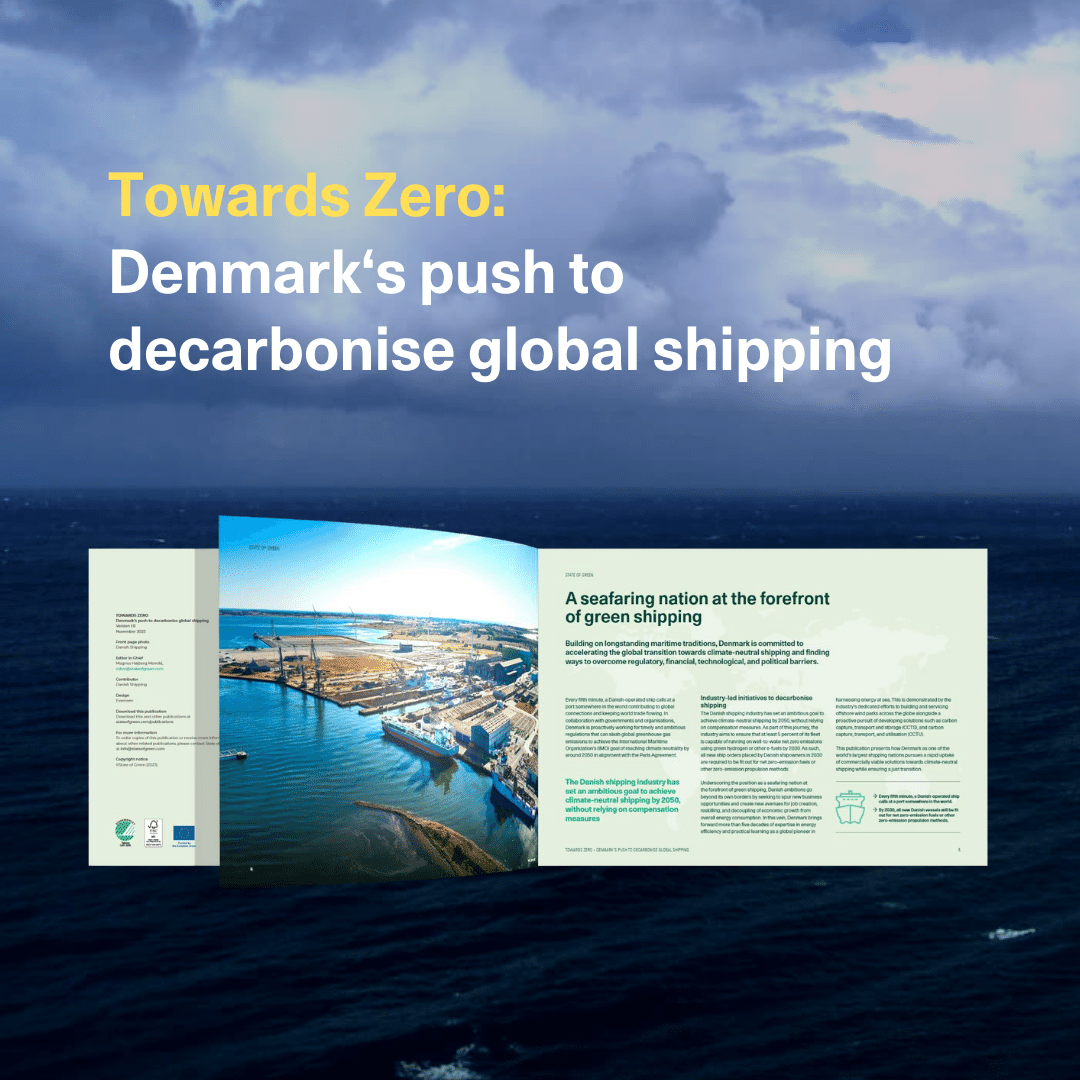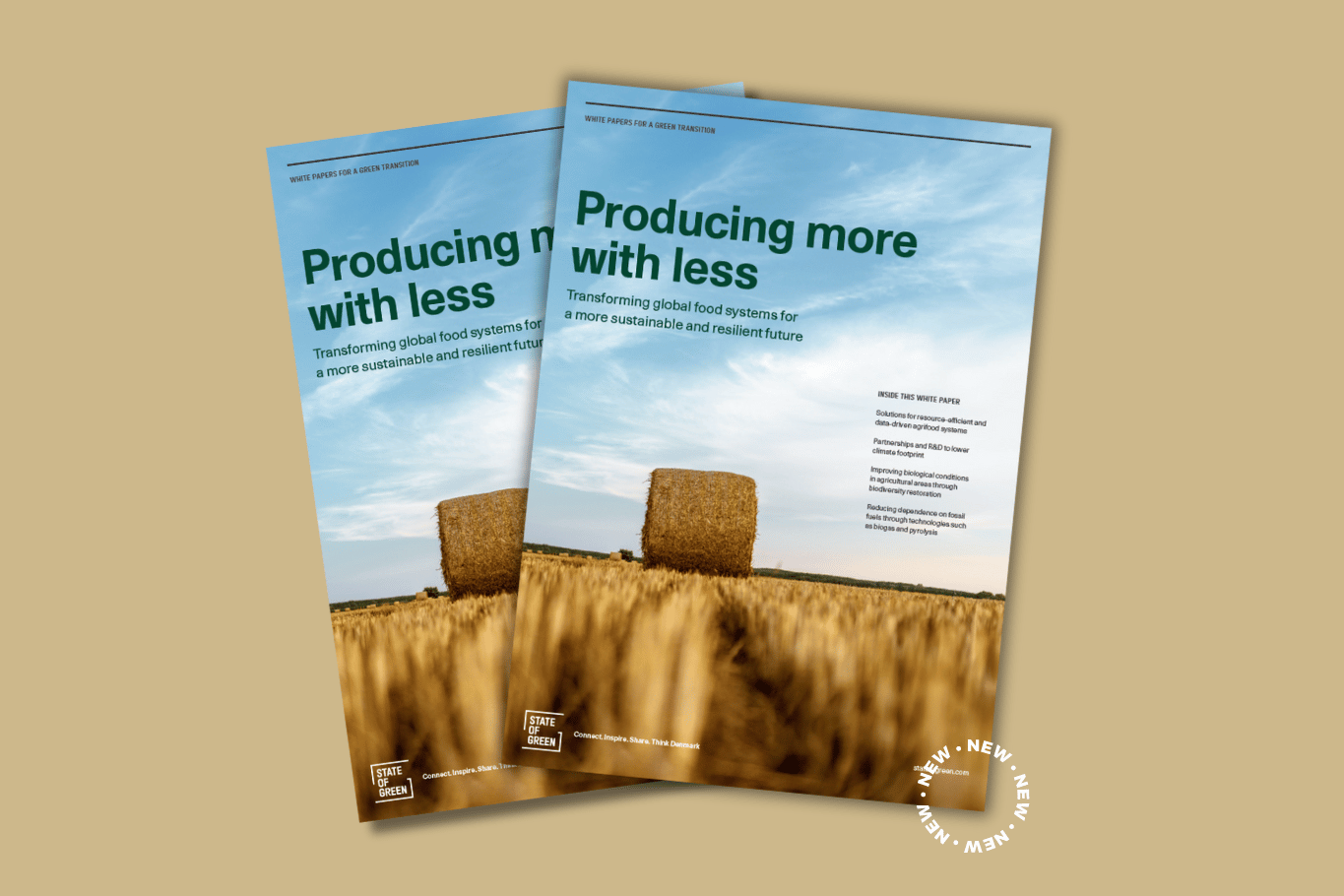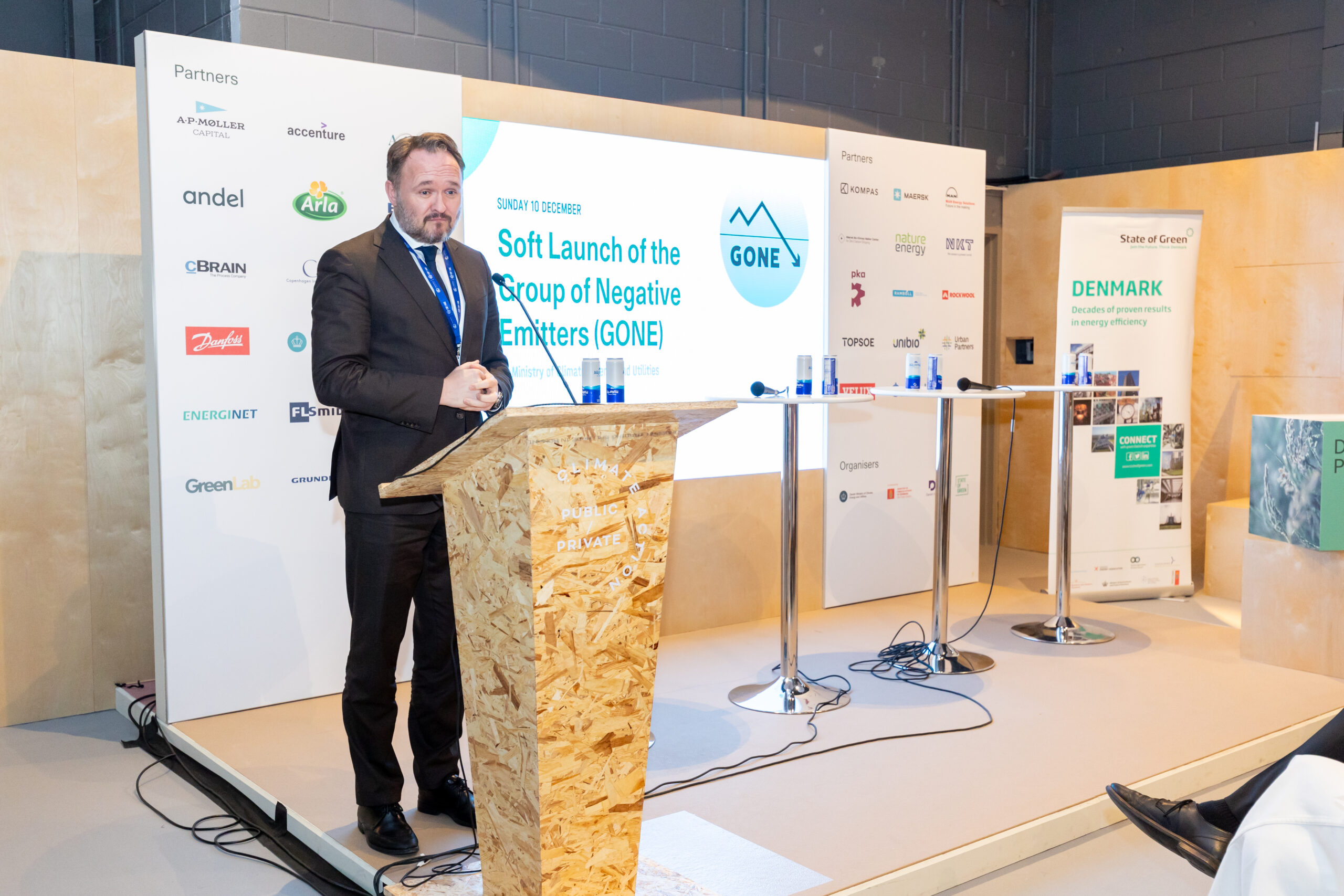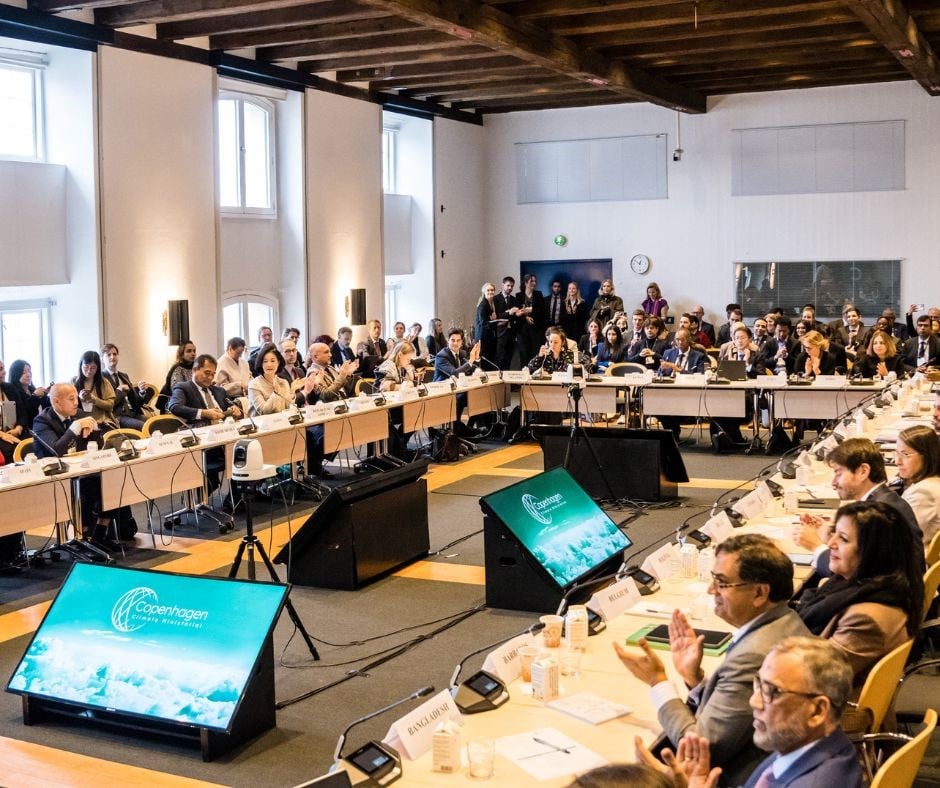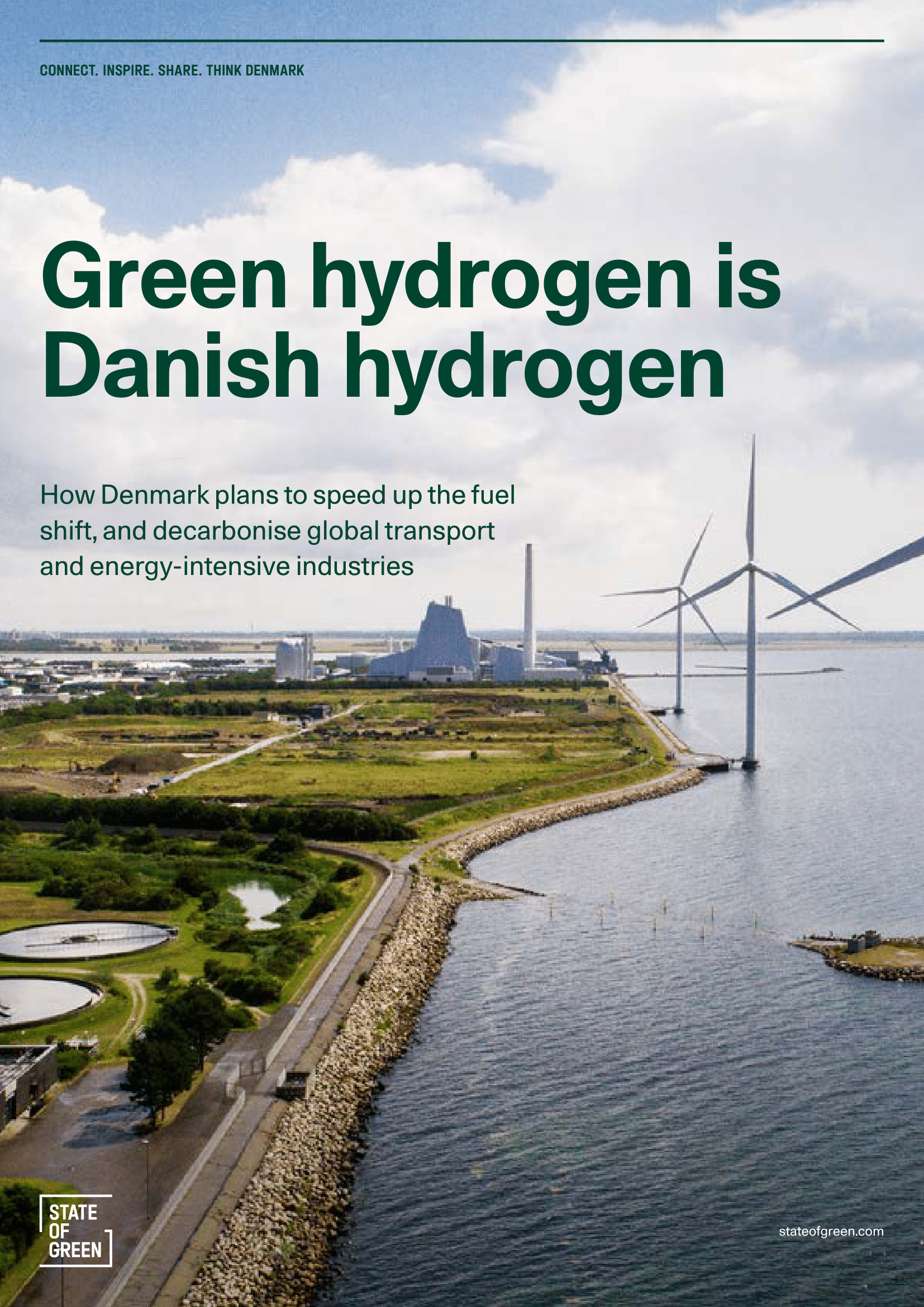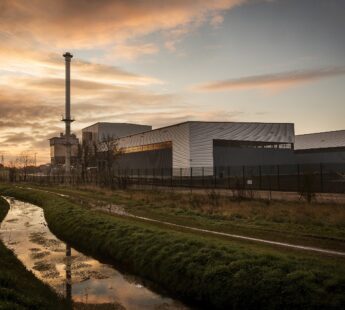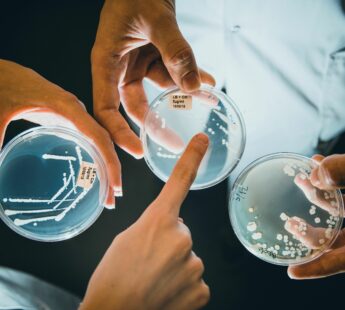News
Energy efficiency in industry
Green Shipping
Shipping and maritime
+1
New coalition aims to make zero-emissions shipping plain sailing


The Getting to Zero Coalition, which includes several Danish member companies, is committed to addressing this by getting commercially viable, deep-sea, zero-emission vessels into operation by 2030, World Economic Forum writes.
The demand for zero-emission fuels derived from renewable resources also has the potential to drive substantial investment in clean energy projects in developing countries with a large untapped renewable energy potential.
Video: understand the Getting to Zero Coalition in four minutes
The ambition of the Getting to Zero Coalition is closely aligned with the UN International Maritime Organization’s strategy on the reduction of greenhouse gases. The strategy prescribes that international shipping must reduce its total annual greenhouse gas emissions by at least 50 per cent of 2008 levels by 2050, while pursuing efforts to phasing them out as soon as possible this century. This will align greenhouse gas emissions from international shipping with the Paris Agreement targets.
“A healthy ocean is key to achieving the UN 2030 Sustainable Development Agenda, and the Getting to Zero Coalition is an important move in the right direction. Business as usual will not get us where we need to be to achieve sustainability – so it is very encouraging to see hard-to-abate sectors like global seaborne trade boldly stepping up to chart this new course. Let us all support the continued development of cleaner technologies and new fuel solutions,” said Peter Thomson, the UN Secretary-General’s Special Envoy for the Ocean and Co-Chair, Friends of Ocean Action.
Industry partners of the Getting to Zero Coalition range from Maersk and Shell to Citigroup and Cargill, while knowledge partners include Environmental Defense Fund, University College London and the Energy Transitions Commission.
Maersk: the next step towards decarbonisation requires collaboration
“Energy efficiency has been an important tool which has helped us reduce CO₂ emissions per container by 41 per cent over the last decade and position ourselves as a leader 10 per cent ahead of the industry average. However, efficiency measures can only keep shipping emissions stable, not eliminate them. To take the next big step change towards decarbonisation of shipping, a shift in propulsion technologies or a shift to clean fuels is required which implies close collaboration from all parties. The coalition launched today is a crucial vehicle to make this collaboration happen,” said Søren Skou, Chief Executive Officer, A.P. Moller-Maersk.
Getting to Zero Coalition members
Cargill, Lloyd’s Register, Trafigura, American Bureau of Shipping (ABS), Anglo-Eastern, Berge Bulk, Caravel Group, Danske Bank, Gard, Forward Ships, KC Maritime, Kuehne + Nagel, MAN Energy Solutions, Marine Capital, MISC, Port of Aarhus, RightShip, Siemens Gamesa, Skuld, Snam, The China Navigation Company, Torvald Klaveness, Tufton Oceanic, Unilever, Vestas, World Fuel Services, Wärtsilä Corporation, ZIM Integrated Shipping Services
Getting to Zero Coalition partners
- Global Maritime Forum
- Friends of Ocean Action
- World Economic Forum’
Source: World Economic Forum
Video: Global Maritime Forum

